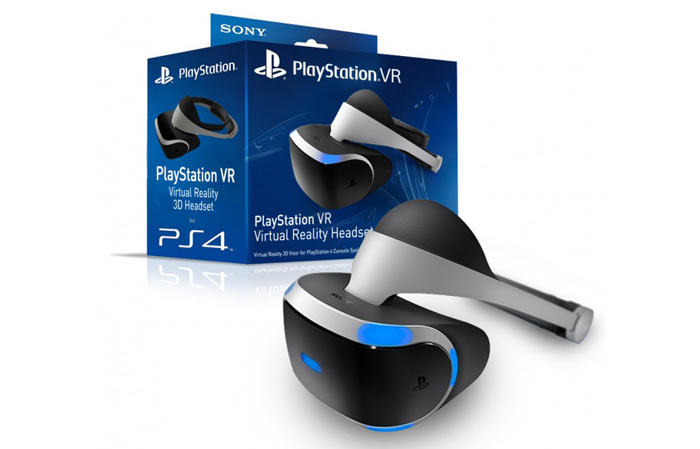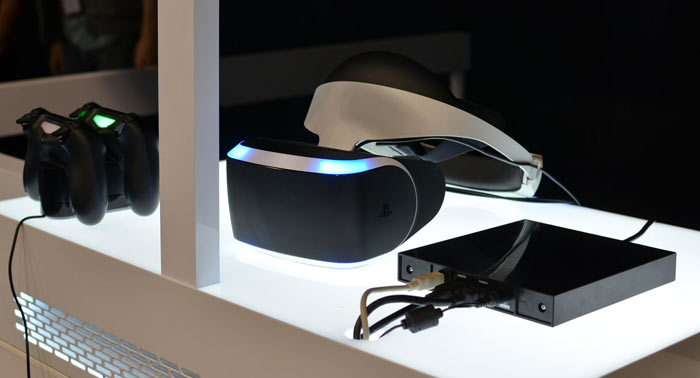We have been following the development of VR and AR headsets closely here at HEXUS. Of course most of our attention has been upon those devices designed to be PC peripherals. However we have took some time looking at cheaper VR entry level products like Google Cardboard and related hardware, which use your smartphone, as they can give a surprisingly good introduction to new VR apps without splashing much cash.
A device which many think will hold the middle ground and has the potential to outsell many competitors is Sony's PlayStation VR. In an exclusive interview with Polygon, PlayStation executive vice president Masayasu Ito revealed telling info about the headset and admitted for the first time that "Oculus may have better VR".

Until this point the PlayStation VR comparative product performance was really not commented upon. Some thought that this dedicated PlayStation solution, with extra VR processing supplied by a separate, accompanying, Wii-sized processing box, might pull a surprise out of its hardware bag. It might contain some kind of revolutionary new 'neural, quantum, optical, bio-cell, buzzword' processor to give it the edge, but no...

The PlayStation VR processing box is pictured on the right
In the Polygon interview, Ito admitted "If you just talk about the high-end quality, yes, I would admit that Oculus may have better VR. However, it requires a very expensive and very fast PC". The PlayStation EVP went on to put forward the case for the in-house developed headset, "The biggest advantage for Sony is our headset works with PS4. It’s more for everyday use, so it has to be easy to use and it has to be affordable. This is not for the person who uses a high-end PC. It’s for the mass market." Affordability is very important to Sony, so even with its extra hardware, the VR processing box, it is expected to end up cheaper than the Oculus Rift or HTC Vive.
As a reminder of the PlayStation VR's key touted hardware specs, Sony is equipping a 5.7-inch 1920 x 1080 resolution OLED display in the headset. The refresh rate, at 120Hz, promises "amazingly smooth visuals," and this is backed up with "super low latency" of less than 18ms, helping to deliver a real sense of presence and comfort.













